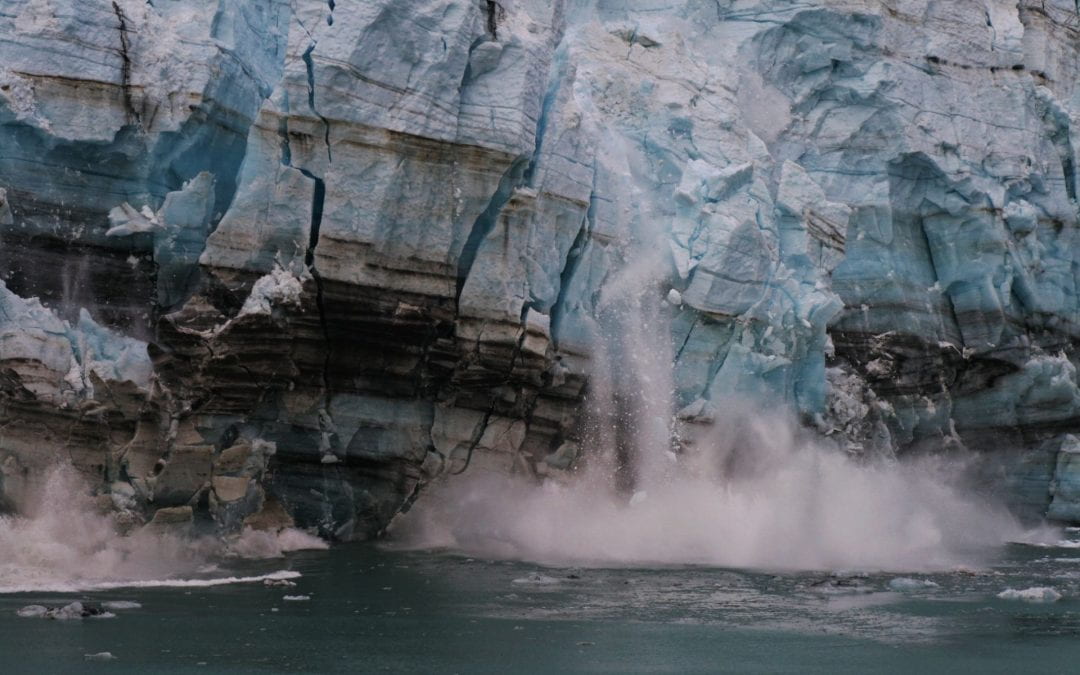Climate change is the “bread and butter” issue of our times, as spelled out in the latest synthesis of the Intergovernmental Panel on Climate Change’s sixth assessment report. If we do not urgently address climate change, there will be much less bread and butter on New Zealand tables and beyond. For some there will be no bread, butter, or tables at all.
The report spells out consequences for the systemic failings of private industry to innovate as promised, failings of governments of inspire and lead with effective policy as promised, and failings of the financial sector to invest in practices to enable sustainable prosperity as promised. The climate crisis has continued to grow in severity while we stood by, hoping and counting on decades of promises that innovation and technology “just around the corner” would lead us to revolution. That time to wallow in hope is gone.
Inequalities will only be exacerbated in the unmitigated future. Those who are least responsible for climate change – the most vulnerable, disadvantaged and marginalised – are poised to suffer its gravest impacts.
Our government and nation stand as examples of how it is easy for climate-policy to slide backwards, despite well-wishing narratives that suggest looking forwards.
Greenhouse gases resulting from industrial and societal activity, cause the world’s temperature to continue to climb—higher than ever. We know this will lead to more devastating storms, draughts, floods, food and water insecurity, and property and infrastructure damage. Already Cyclone Gabrielle and Hale have shown us a glimpse of the future and what makes the challenge so difficult. The two cyclones beat down on New Zealand and caused lost lives alongside billions of dollars in damage. We cannot afford to focus only on fixing the damage, while more comes down the pike. Instead, we need ambitious, transformative action now to avert more costly future consequences.

Photo by Alexander Grey on Unsplash
Yet, rather than stepping up to the challenge, both the Government and Auckland Council have begun cancelling and reducing needed policies designed to counteract climate change and protect the environment on which we rely for our survival. Yes, we must address the current crises, but there will always be crises. And these are poised to worsen with the government’s approach.
Further, as the report clarifies, adaptation options that may work well today will be less effective and more expensive in our hotter future. Only with “deep, rapid, and sustained reductions in greenhouse gas emissions” can we truly escape the worst of the crises, the report warns.
For New Zealand, which has long been reliant on high-carbon emissions extractive industries, this means we need holistic, transformational ways of thinking, ones that do not trade away our future for our present.
For starters, we need to acknowledge that the profit model of these industries fails to account for the costs foisted onto the rest of us, on our health and well-being through high emissions, waste that continues to pollute our land and water, and the tax-subsidized infrastructure. Roads, cityscapes and transportation infrastructure shape our emissions and our resilience to environmental catastrophe. These need rapid transformation.
Despite the gloom, the report is not all doom, instead offering pathways to mitigate the damage. Here in New Zealand, we must address two prime causes of the problem. First, we must revolutionise our transport systems through investing more in public transport and incentivising both electrification and efficiency. This was the Government’s plan until it threw its own “landmark” clean car upgrade scheme on the policy bonfire this year.
Second, we must shift to a more environmentally sustainable economy that is not dependent on high emissions, extractive industries and the constant striving for growth. With only limited resources in the world, the current approach will exhaust those resources while contributing to increasing numbers and severity of catastrophes.
Our government, industry and financial institutions need to collectively step up and shift the current economic model that prioritises and incentivises profit over well-being. Government can and must shift this approach by legislating a new kind of business that contributes to society’s “bottom line” without damaging the very environment on which we rely for our existence.
The rest of us can make these priorities clear through our dollars, our votes, and through making the lifestyle changes needed to ensure our future includes bread, butter and tables are there for all.
Maria Armoudian, Jacqueline Beggs, and David Noone are directors, University of Auckland’s Nga Are Whetū Centre for Climate, Biodiversity and Society. Jack Marshall is our staff content creator.

